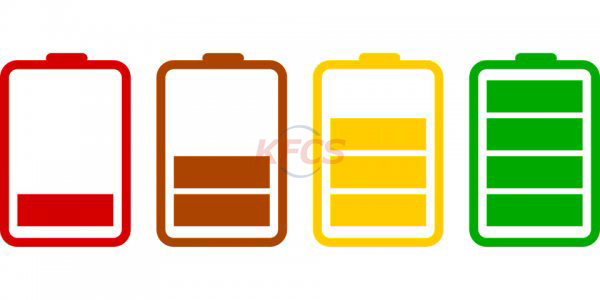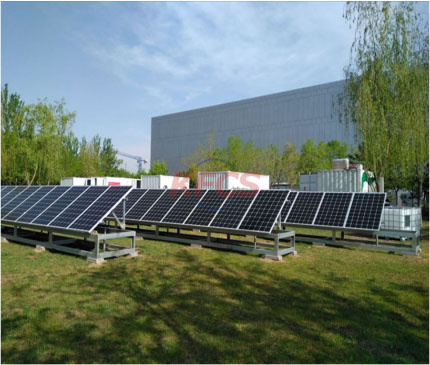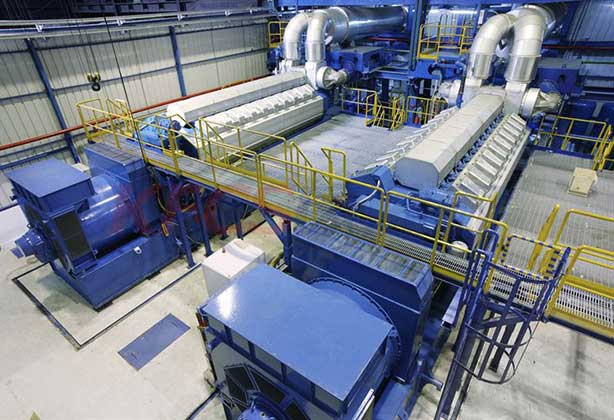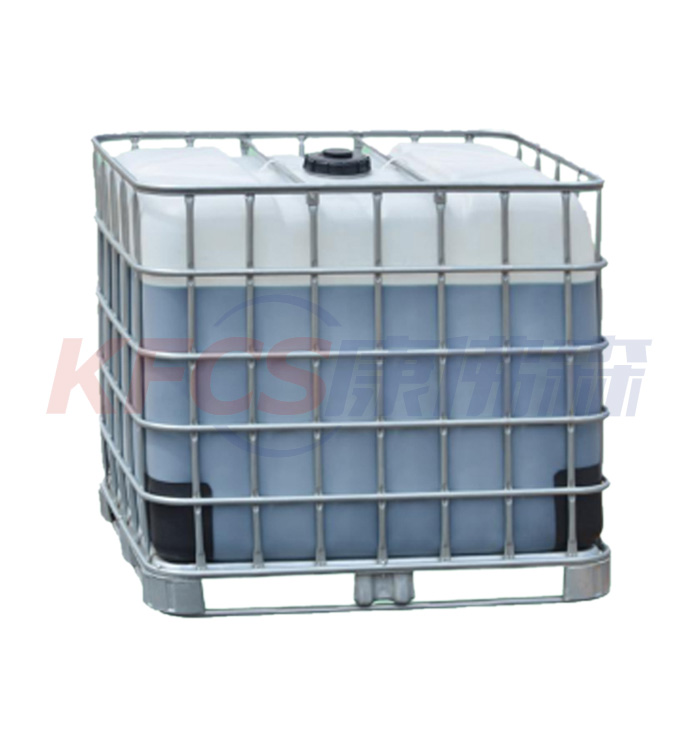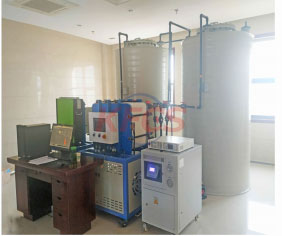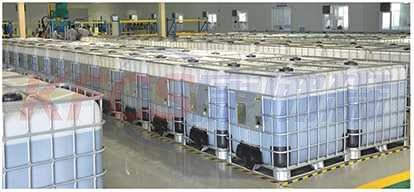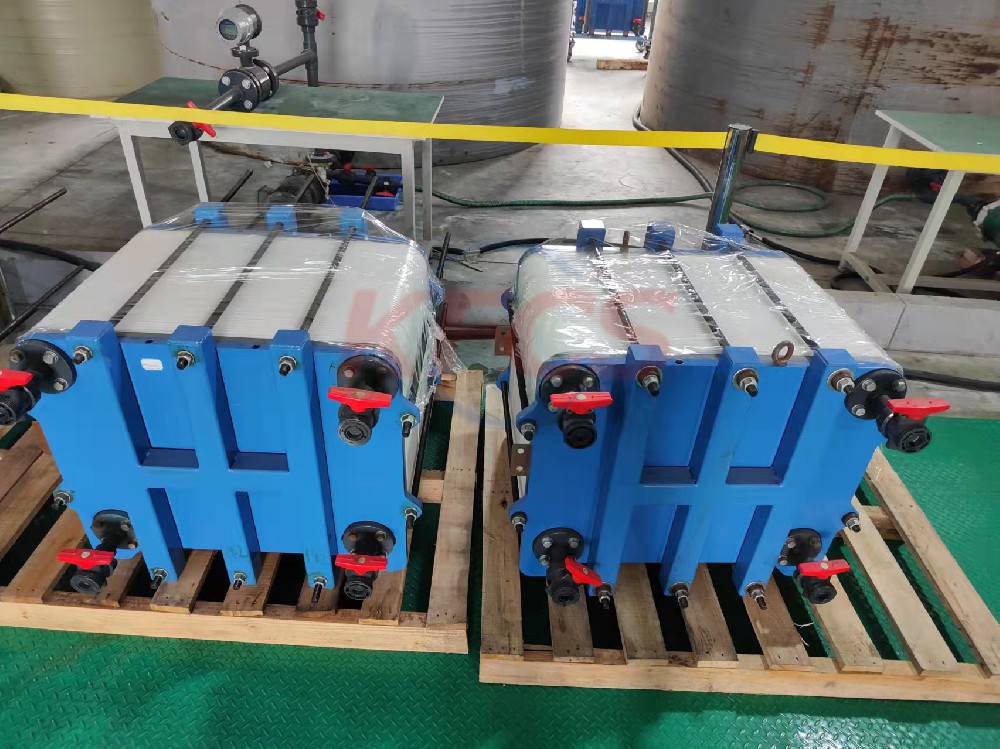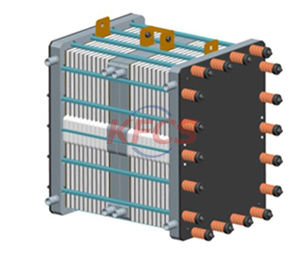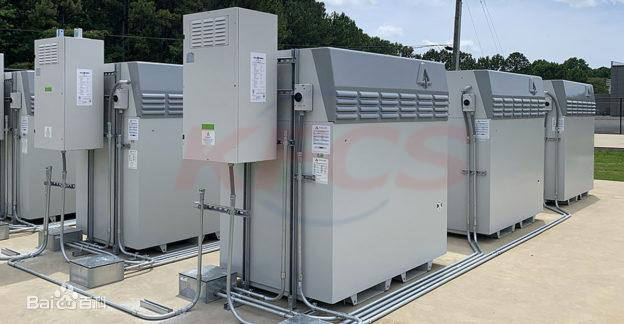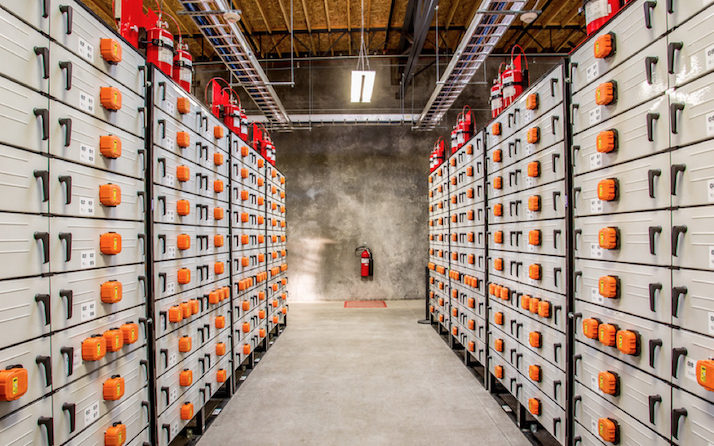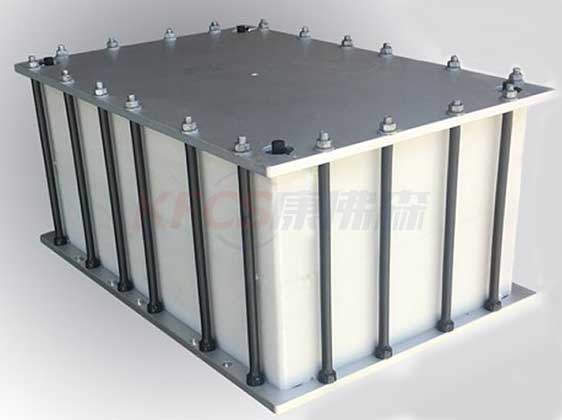Britain plans to install the first floating organic liquid flow battery energy storage project
The BLOOR project was founded by MSE International and funded by the British Government's Department of Commercial Energy and Industrial Strategy (BEIS) in its long-term energy storage (LODES) competition. At the initial stage of a project, a detailed plan for developing the first floating organic flow battery energy storage project in the UK has been worked out, which is used to provide port energy storage and shore power decarbonization for two cruise ships. The feasibility study of the BlueStor project found that the large-scale 50MW/600MWh device is generally more compact than the equivalent lithium-ion device. The company said that organic flow battery is very suitable for large-scale and large-capacity energy storage applications, especially in places with high environmental sensitivity, such as ports and coastal areas.
The result of the feasibility study gives developers confidence to apply for the second phase of funding, which will build and operate a commercial prototype of organic flow battery on a floating barge, which will supply power to two visiting cruise ships at Portsmouth. The second phase of BLOOR will also demonstrate the ability to purchase the energy provided to these ships when demand is low. MSE International is the main partner of BlueStor; Swanbarton, an energy company, is supporting battery engineering and construction, as well as related control and interfaces; Houlder, a marine engineering and clean technology company, is designing the battery platform and port/ship interface, and CMBlu is providing electrochemical materials for flow battery. BlueStor signed a long-term energy storage (LODES) contract with BEIS. LODES is a part of the British government's ten-point plan of green industrial revolution and an important commitment of BEIS and HM governments.

